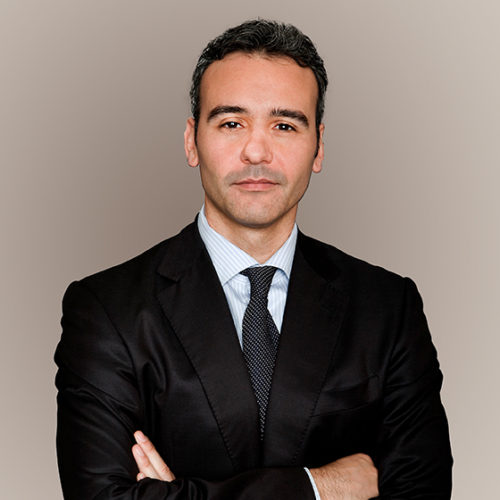Now a recent ruling of the Central Tax Appeal Board (Tribunal Económico Administrativo Central, TEAC) of 18 December 2023 has shed light on a particularly complex aspect: the allocation of rental income generated by leasing property owned by a real estate investment fund, which is in turn managed by a German management company.
The decision of the TEAC addresses the differences in considerations between German and Spanish law regarding the ownership of real estate property and the allocation of the generated income. While the German Investment Code (Kapitalanlagegesetzbuch, KAGB) provides that the real estate assets acquired by the fund must be registered in the Property Registry as property of the management company, the Spanish Law 35/2003 on Collective Investment Institutions (Ley 35/2003 de Instituciones de Inversión Colectiva) establishes that such registration must be made in the name of the fund itself.

The TEAC’s assessment is based on the principle that the taxpayer who must declare the rental income is not necessarily the registered owner of the property, but rather the person who actually collects and benefits from the income. Accordingly, in the analysed case, the appeal board found that while the management company might be registered and appear as formal owner, it actually acted as a fiduciary on behalf of the fund, the actual beneficiary of the income.
For this reason, the TEAC concluded that it is the German investment fund, as effective taxpayer, that must include the income in its Non-Resident Income Tax (IRNR) declaration. This decision highlights the relevance of economic ownership vis-à-vis formal ownership in determining tax liabilities in Spain.
The DGT has also analysed the tax treatment of this type of German investment fund in several binding rulings (consultas vinculantes) and came to the same conclusion as the TEAC regarding the treatment in the IRNR. Unlike the TEAC, however, who made no statement regarding the taxable person for VAT purposes, the DGT also clarified their treatment in the VAT. As such, it established in a binding ruling that the management company is considered to be an entrepreneur or professional for VAT purposes and thus responsible for the VAT obligations on transactions in Spain.
